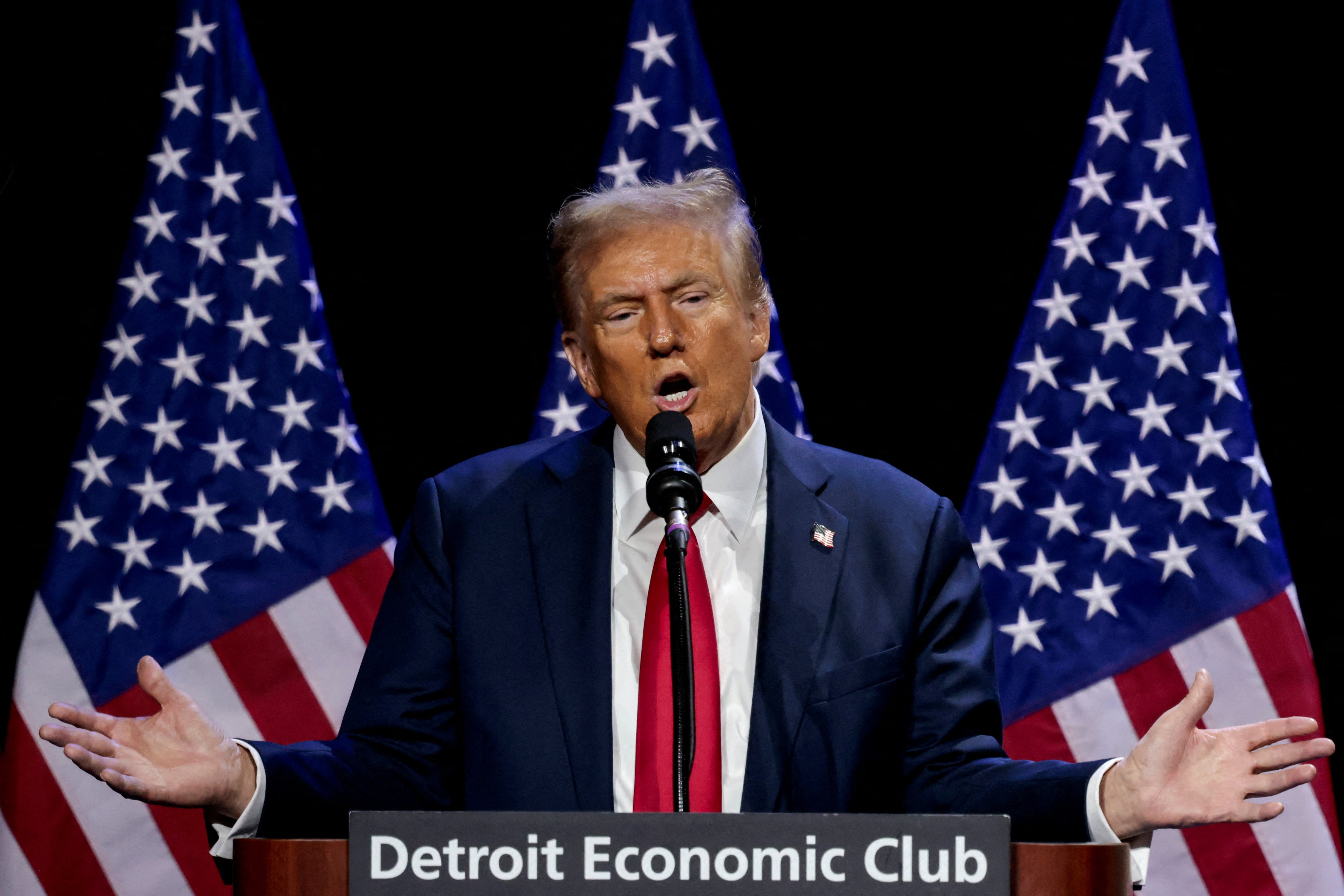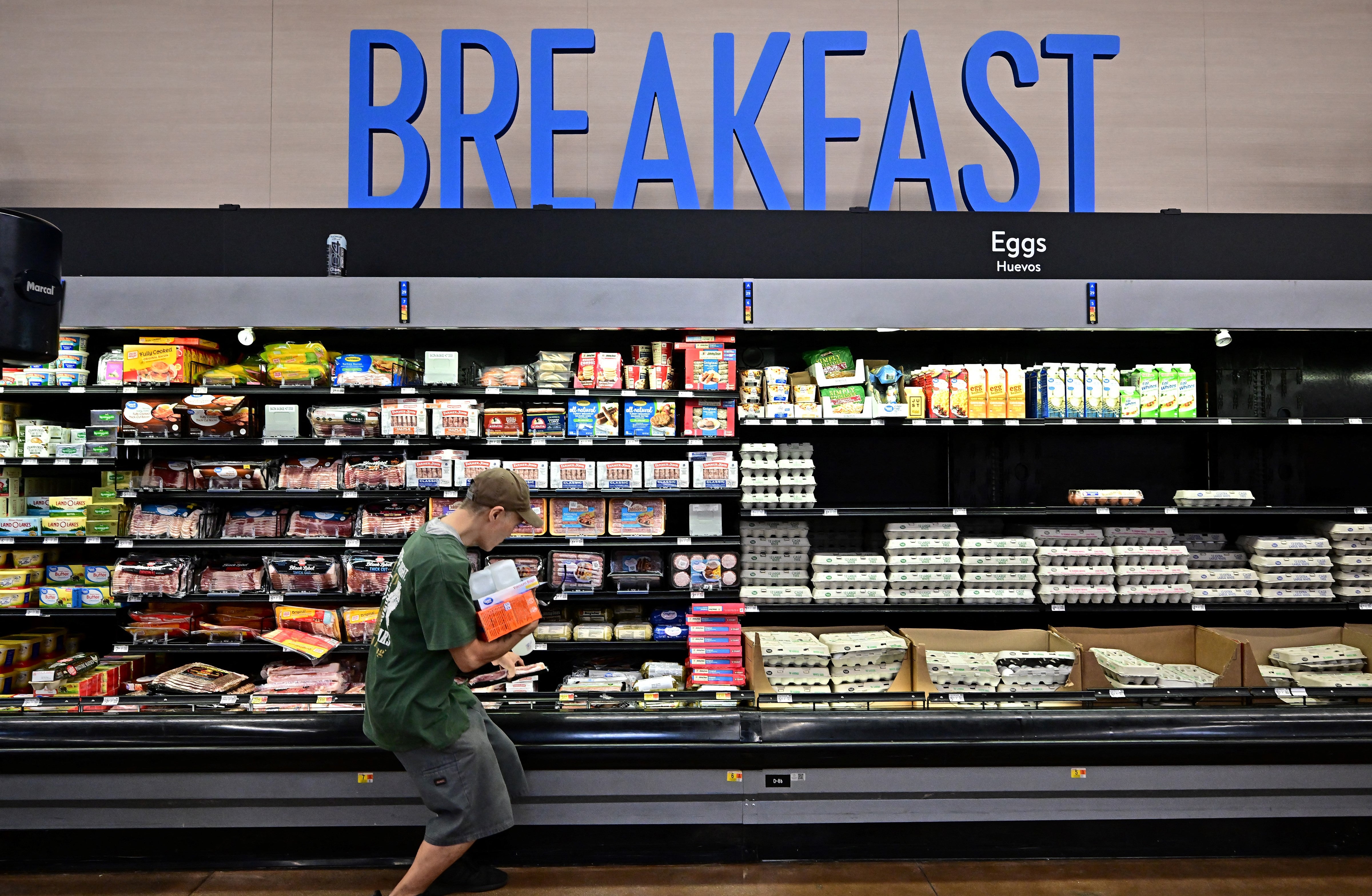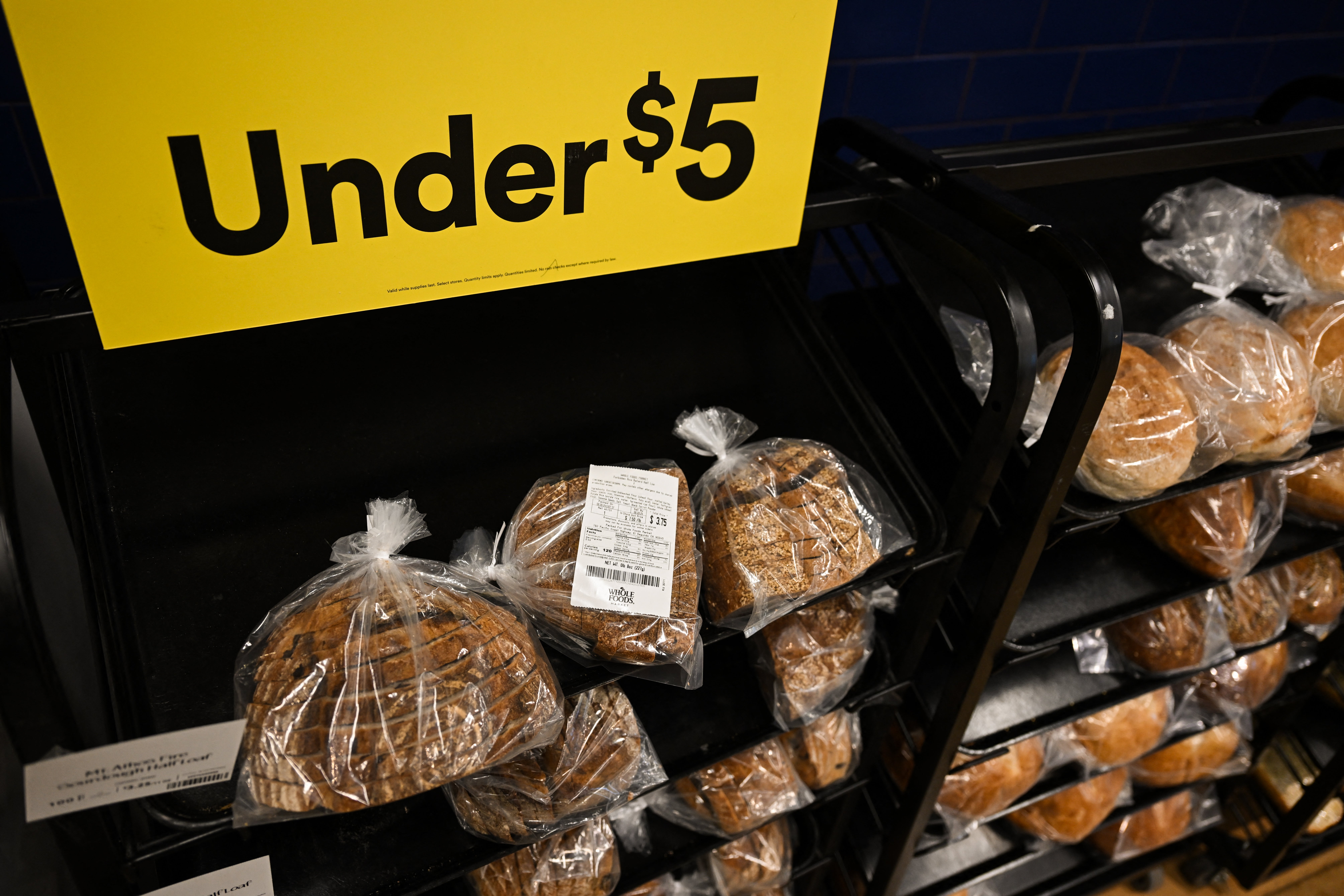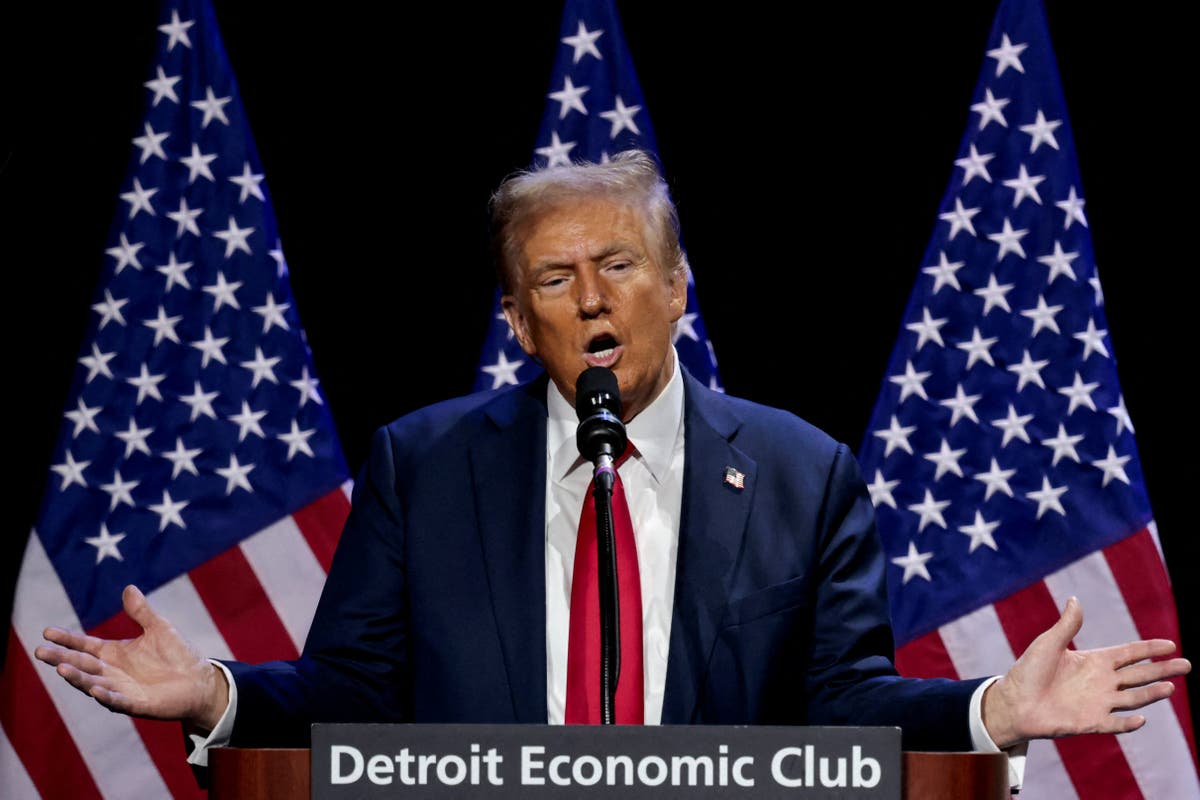Inside a Pennsylvania arena, President-elect Donald Trump promised voters their incomes and net worth “would soar.”
The economy was among the top concerns for voters in the 2024 presidential election and the Trump campaign’s messaging cut through. As of this morning, more than 73 million Americans have voted for him to return to the White House.
They turned to him for a solution after finding themselves unable to afford the necessities for their families in a cost-of-living crisis, but concerns have already been raised the Republican billionaire won’t deliver.

“I’m scared for my future. I want my future economy to thrive,” Kelsey Moyer, a 20-year-old student at Indiana University previously told The Independent. “Both presidents have had a four-year span and you can see the difference in the country.”
Economists are not so convinced.
“People are obviously unhappy with inflation,” Robert Lawrence, Harvard professor of trade and investment, told ABC News. “Trump’s policies aren’t a remedy – they will feed the fire,”
Trump will return the White House at a time when inflation has slowed and there are signs the economy is improving. But what has the President-elect actually said about his plans to tackle the economy?
“Vote Trump and your incomes will soar. Your net worth will skyrocket. Your energy costs and grocery prices will come tumbling down,” Trump pledged at the rally in Indiana, Pennsylvania in September.
On the campaign trail, Trump made tariffs the centerpiece of his economic vision and talked of dramatically increasing taxes on foreign goods entering the U.S. to promote domestic production.
This, he sees as a solution to many problems such as helping to pay for child care, tackle inflation and boost manufacturing jobs in the U.S.

“To me, the most beautiful word in the dictionary is ‘tariff’. And it’s my favorite,” Trump said at the Chicago Economic Club in October.
Trump floated the idea of a 10 – 20 percent tariff on U.S. goods from U.S. trading partners, citing 60 percent levies on all imports from China.
He claimed at a rally in September that the taxes are “not going to be a cost to you, it’s a cost to another country,” – a claim which has been slammed as a “popular delusion” by theBloomberg editorial board ahead of Election Day.
Tariffs are paid to the federal government by the retailer or manufacturer importing the goods. Companies either take a smaller profit and absorb the costs, or hit consumers by raising prices.
While Trump’s drastic measures could help some businesses whose products are already made in America, economists have warned that the tariffs would significantly raise costs for U.S. companies and manufacturers who have to buy parts from abroad.
Higher prices, they warn, would be passed on to the consumer and it could be “particularly painful” for low-income Americans, the Washington Post reported last month.
National Retail Federation (NRF) CEO Matthew Shay agrees and said this week that the tariffs would put a significant burden on shoppers.

“The adoption of across-the-board tariffs on consumer goods and other non-strategic imports amounts to a tax on American families,” Shay told Fox Business. “It will drive inflation and price increases and will result in job losses.”
American consumers could lose between $46 billion and $78 billion in spending power each year if the president-elect’s proposals are implemented, a study this week from the NRF shows.
Tara Sinclair, a Professor of Economics at George Washington University, previously told The Independent that costs associated with tariffs would be passed on to consumers in the U.S.
“Tariffs would likely be a higher tax on consumers – U.S. consumers,” Sinclair said. “This idea that those tariffs would somehow be magically paid by the foreign companies and wouldn’t be passed through American consumers does not seem to stand out empirically in the data.”
History tells us that consumers are likely to see higher prices if these tariffs come in. In Trump’s first administration, the tariffs he imposed caused the price of washing machines, handbags, tires and other goods to rise for the consumer, a study by the National Bureau of Economic Research found.
Economists also pointed out that the U.S. does not have the appropriate climate to produce staples like bananas and coffee.
Then there’s the issue of workers. Trump has promised to carry out the largest mass deportation of illegal immigrants in US history. But that mean a drastic hit on the country’s workforce, creating a knock-on effect to the economy.
“As you take out workers and have worker shortages, you’d expect prices to go up significantly,” Kara Reynolds, American University economist told ABC News.
Looking at Trump’s track record from his first term, the rhetoric does not always meet reality. The 2024 campaign claimed: “Under President Trump, wages soared and there was no inflation.”
In the first three years of Trump’s presidency, inflation averaged 2.1 percent, close to the Federal Reserve’s target. But inflation was already low when he entered the White House in 2017 largely due to the slow recovery from when the financial markets collapsed and millions of people lost their homes.
Now, as he prepares to enter the White House for a second time, voters will have to wait and see whether Trump delivers on his promises to turn their finances around.

